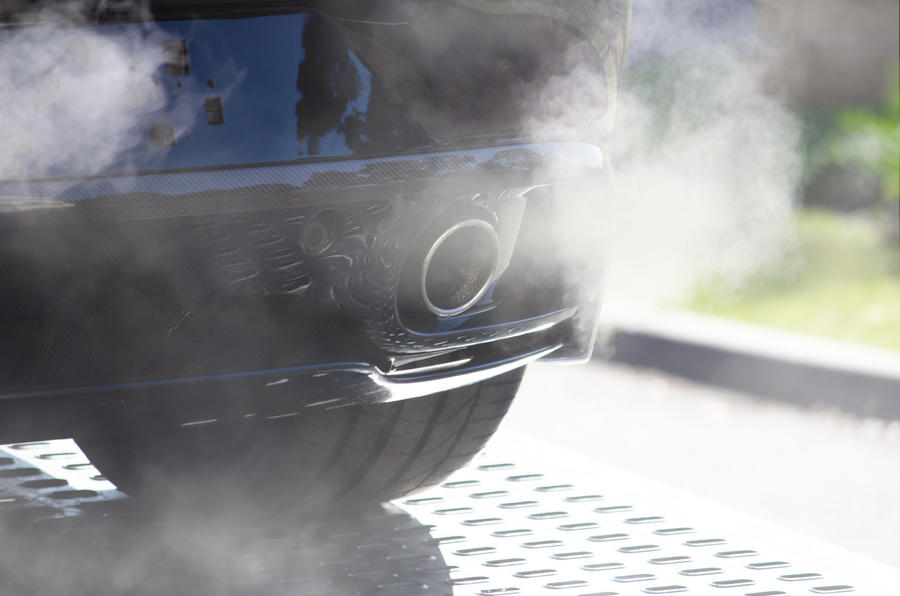Feeling compromised by your love affair with cars and their impact on our planet? The truth is, in the face of a climate emergency, you should be, while doing all you can to improve. Just don’t let anyone tell you that you’re the only problem.
Not least consumers of meat or dairy products. It’s a close-run thing, but Greenpeace estimates that in the EU, the, um, tailpipe emissions from livestock, combined with their impact on the land (from deforestation to producing food for them to consume), make them more damaging in CO2 terms than all the cars driving around.
Now, let’s be clear: the problem is more how much food and drink we consume and how we produce it than the fact that we do it. There are countless examples of sustainable farming, but rather fewer of people being prepared to pay a premium for it. So in the past decade, meat and dairy production has kept rising, and so too the methods to produce it have been stretched, putting further strain on the planet.
Another big contributor is construction. If cement were a country, it would sit behind only China and the US for CO2 emissions. Affordable, strong and brilliantly effective it may be, but its production has a hideous impact. Yet it continues to be the second most consumed substance on Earth, behind only water.
Estimates vary, but as a rough guide, the production of one tonne of cement creates 72,500g of CO2 – the equivalent of driving a Bugatti Chiron 87 miles. Around four billion tonnes of cement were produced in 2020, according to industry estimates, which adds more zeros to the equation than my calculator can handle.
Then there’s aviation. A Boeing 737-400 emits only around 115g per kilometre per passenger of CO2, but that’s rather undone by the fact that some four billion passenger flights are made each year. Perhaps the most alarming statistic is that aviation emissions have doubled since 1987. That’s a terrifying and evidently unsustainable growth curve.
Yet do we want to live without meat or dairy, concrete or flying? The availability and expansion of each has enriched lives, so it’s far better to try to preserve what we have than stop it. Likewise the car.
The car industry has to clean up its act – and fast. But, driven by legislation, it’s already doing just that, investing billions into R&D to spur the transformation. Sometimes it’s hard to sort the politicking from the reality, but it’s clear that other industries aren’t under the same pressure or seeking to change so aggressively. Automotive is far from perfect, but at least there’s abundant evidence of its determination to change.





Join the debate
Add your comment
We've started now to try and slow the Global environment problems for the future, that's all we can do, 8 just hope for my kids sake when they get to my age that the World then is stable at best.
This is a fair article, but one thing that isn't mentioned is that the car industry has been closely aligned with the oil industry for 100 years. It's the oil industry that has been the main bad actor in terms of climate change, in terms of its efforts to deny the truth about the impact of fossil fuel burning and confuse consumers about what choices they should make. Chevron also bought the patents to the Nickel Metal Hydride batteries used in the Prius and EV1, etc., to stop them being used to make full BEVs, so delaying the introduction of EVs by 10 years. So the car industry is tainted by its association with 'Big Oil' and it needs to make extra efforts now to distance itself from fossil fuels.